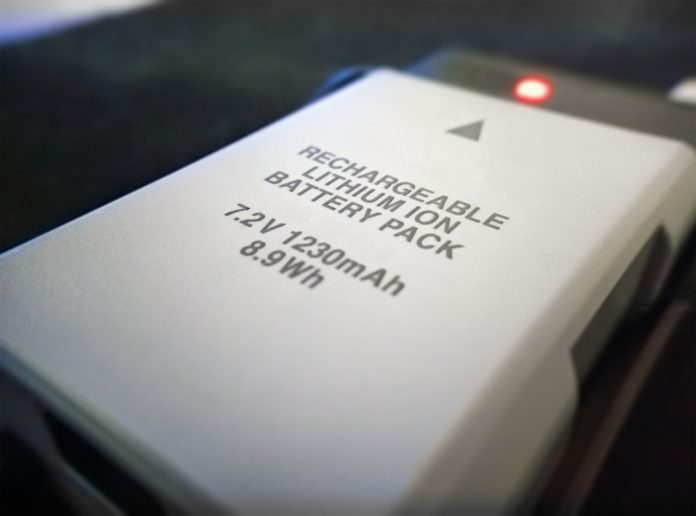The European Commission has unveiled that seven EU countries will provide up to €3.2 billion of funding to go towards research for battery development
The demand for environmentally-friendly batteries is predicted to grow rapidly during the transition to climate neutrality. The pan-European research and innovation project will support the innovation of sustainable technologies for lithium-ion battery development.
The project funded by Belgium, Finland, France, Germany, Italy, Poland and Sweden is predicted to be completed by 2031 and is expected to unlock a further €5 billion in private investments.
Funding breakdown
- Belgium will grant up to approximately €80 million;
- Finland up to approximately €30 million;
- France up to approximately €960 million;
- Germany up to approximately €1.25 billion;
- Italy up to approximately €570 million;
- Poland up to approximately €240 million;
- Sweden up to approximately €50 million.
17 direct participants will be involved in the project (most being industrial actors and SMEs) and will work closely with each other alongside a further 70 external partners.
The participants will focus their work on four areas:
Raw and advanced materials
The project aims to develop sustainable innovative processes allowing extraction, concentration, refining and purification of ores to generate high-purity raw materials. It will also aim to enhance existing materials or create new ones, to be used in innovative battery cells.
Cells and modules
The project aims to develop innovative cells and modules designed to meet the safety, and performance required for both automotive and non-automotive applications.
Battery systems
The project aims to develop innovative battery systems including battery management software and algorithms as well as innovative test methods.
Repurposing, recycling and refining
The project aims to design safe and innovative processes for collection, dismantling, repurposing, recycling and refining of recycled materials.
Margrethe Vestager, Executive Vice-President “Europe fit for the Digital Age” and Commissioner in charge of competition policy, said:
“Battery production in Europe is of strategic interest for our economy and society because of its potential in terms of clean mobility and energy, job creation, sustainability and competitiveness.
“Our Important Projects of Common European Interest smooth the way for public authorities and industries from several Member States to come together and design ambitious innovation projects with positive spill-over effects across industrial sectors and regions. The approved aid will ensure that this important project can go ahead without unduly distorting competition.”
Maroš Šefčovič, Vice-President for Interinstitutional Relations and Foresight, said:
“Our focus on scaling up innovation under the European Battery Alliance is yielding strong industrial partnerships. Thanks to intensive efforts by seven Member States, industry and the Commission, Europe’s first major pan-European battery ecosystem is emerging, with lead projects in all segments of this strategic value chain.
“We have found the right recipe for our 21st-century industrial policy: strong cooperation between industrial actors, concerted action to accelerate lab-to-market innovation, joined-up financial instruments from both, private and public sectors, and a fit-for-future regulatory framework to underpin a stronger European knowledge-based economy.”











